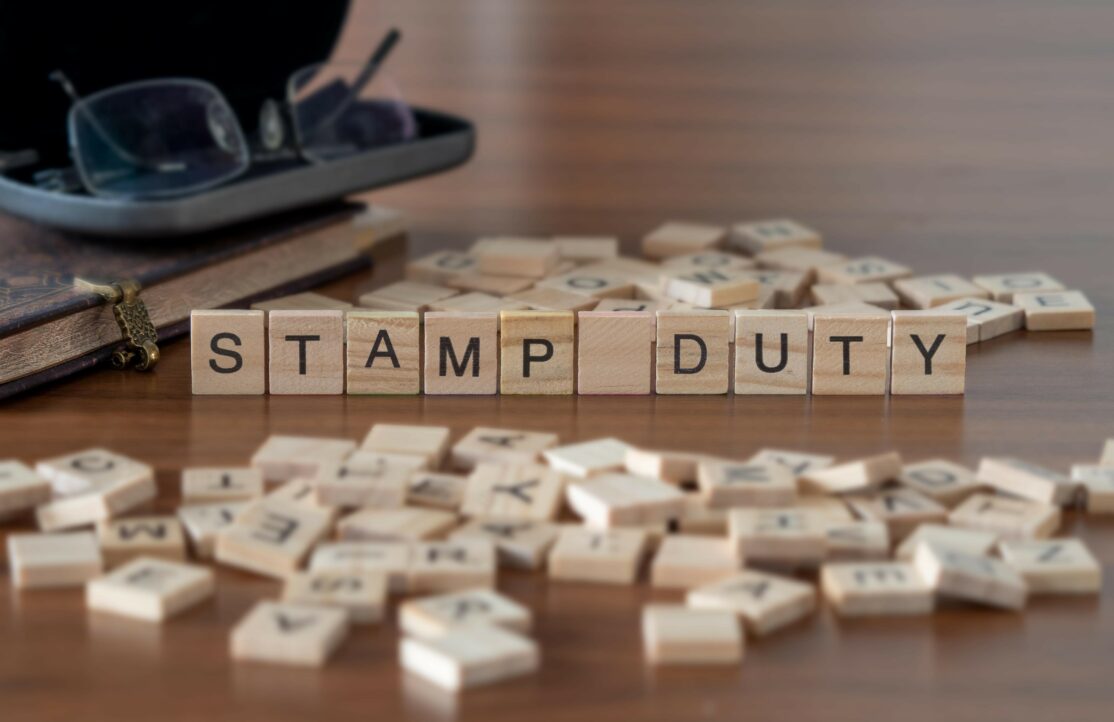- 05 Aug 2024
- •
- 5 min read
House buying and selling in a chain – what if someone is late on the completion day?

It can happen, and when it does, you should speak with your property lawyer to consider all options and solutions.
If you are tying in your purchase with your sale, you will be reliant on your buyer’s money to part fund your purchase. Your property lawyer will therefore not be able to purchase your new house until your own buyer’s money actually arrives. If your buyers are in turn relying on funds from their own sale, the longer the chain, the greater the risk that delay can occur in transferring money on the day of completion.
So, the first task is to make sure you always chose an experienced and knowledgeable property lawyer. Be wary that the quality of conveyancers ranges wildly in the marketplace.
Why would there be delay?
Here are some situations:
- a party who delays transferring funds to their lawyer for their own part of the purchase money (e.g. because they did not realise their bank had a daily limit on amounts that can be sent electronically; just forgetting to pay;, or their lawyer did not explain when or what to send in time).
- a party’s lawyer forgetting to ask for the required mortgage money the day before completion.
- a party’s conveyancer handling lots and lots of completions on the day and your transaction becomes just a number with no special priority.
- any of the banks having a technical problem.
When is ‘late’?
The standard legal contract for selling a house in England & Wales sets 1pm as the time after which penalty interest starts to accrue (usually 4% above a bank’s base rate). Most house completions happen well before then, often between 10am-12pm. After midday, people want to get moving, and often removals are waiting outside houses and considering charging more for their time and overnight storage. Sadly, for you and your lawyer, if it is a delay below you in the chain it can remain a waiting game and there is not much that you or your lawyer can really do until it becomes clear when the money may or may not be received.
So, it would be unwise to simply chose your removal company on lowest price, always check what your removals will also do or charge in the event that the time of completion is late in the day, or even spills over to the next day. This is because you will not be able to claim for any personal losses under your property contract; only interest at 4% above base rate can be claimed until completion can happen. Instead, you have to take small claims for them as separate transaction which is something you would need do to yourself, or instruct your lawyer to assist with, at an additional cost.
However, you should take comfort in that even if money arrives after 1pm it can often present no difficulties. The real difficulty arises depending on what you need to do with your money after 1pm. This is because of the greatest issue. Banks have a cut-of time after which they cannot electronically transfer money. This is usually 3.30pm. It this time is looming time on the day of completion there is a risk that the sellers will not receive money for the sale of their houses and so the chain does not all complete. A nightmare for those people with removal vans sitting and waiting outside houses.
What happens when 3.30pm comes and goes, and banks cannot send the money?
This is the time when serious conversations should be had between your lawyer and the lawyer above in the chain to find a solution to keep people moving.
Remember, a delay in the chain below is not your lawyer’s fault, and any solution that your conveyancer can offer can mean it comes as a separate and extra charge to you. To create a solution to solve someone else’s delay can mean several hours of extra work and the prioritising of your work over the lawyer’s other clients. It might seem unfair that you should pay due to the fault of someone else, it is a cost your lawyer has not quoted you for, and of course is also time you yourself would incur if you were doing the work personally. Your lawyer is simply your agent, and their time does come at a charge. Charges you will have to bear and add to any separate action you take against your buyer for being late.
Any solution will ultimately be to your benefit.
What is the possible solution?
The right solution for you depends on your conveyancer having the experience and knowledge to help. A less experienced conveyancer can require other lawyers within the chain to help correct any delays. It can feel uncomfortable for a client to admit that is struggling to offer a solution. It happens.
Undertakings. Providing each solicitor holds the money that should have been sent, it is possible to offer an undertaking (i.e. a formal promise which can be enforced against the law firm giving it, and the lawyer made to honour it) to hold the money on behalf of the lawyer they need to send it to, and to send the money via the banking system the following day. On the strength of that promise, the recipient lawyer may feel that they can also give the same undertaking onwards. In other words, promised money changes hands. True, no mortgages can be repaid, but lawyers will already have traded undertakings to repay mortgages, so a chain of promised money payments has already been made.
However, each lawyer needs to carefully word their undertaking, and this needs to go along the chain. It can take some time. It only takes one conveyancer to be slow, or to be too junior to know what they are doing, or even a conveyancing team who can only make decisions when the only solicitor in the building first gives a sign-off, which can slow everything down to a halt.
Indeed, you may find a conveyancer along the chain who does not properly understand the legalities and so is nervous about agreeing to something they do not understand, and therefore inadvertently unable to advise their client about it. Or you may find a conveyancer or their client who will only accept money, and nothing else, and quite often they are the people at the top of the chain, the ones who are only selling. It is hard to know what conversation they may have had together to end up with that stance; either the lawyer provided a muddled explanation to their client and the client therefore considered there to be a risk, and one not worth taking, or the conveyancer, or client (or both) just wish to be difficult, and to exert some sort of control and dominance; something the chain will have no choice but to accept. Sadly, there can be personalities like this, as home moving is a stressful and emotional time.
Licence. If there is no mortgage lender involved, it can be possible to arrange for a buyer to move in on licence, whether a licence fee (similar to rent) is payable or not.
Storage. Occasionally, it is possible to agree that furniture or other belongings can be stored perhaps in a garage or other outbuilding to help save in removal/storage costs.
As we said at the start, choosing an experienced and knowledgeable lawyer at the very beginning of your house move is crucial.
If you are looking for conveyancing services in the South, our expert residential property solicitors based in Salisbury, Southampton, Poole, Bournemouth and Winchester are on hand to provide you with the legal help and guidance you need. Don’t hesitate to contact Partner and Property Solicitor Lucy Spollin on 01202 339006 or contact us here.














